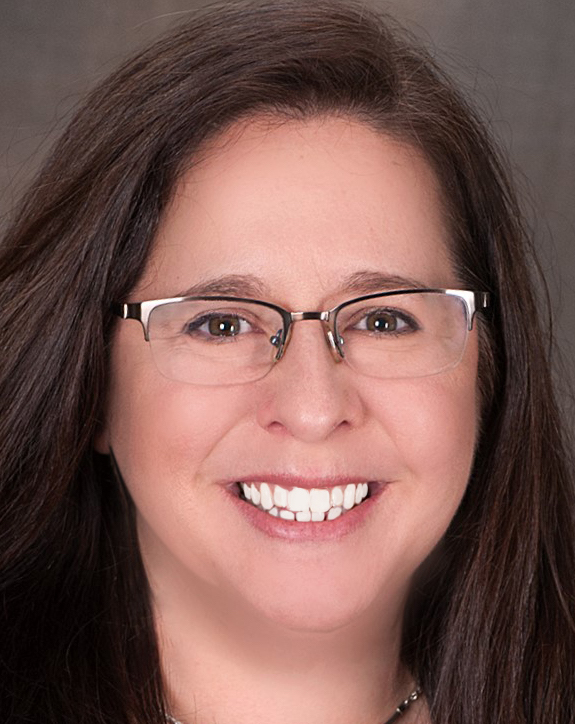Have you ever seen a classified ad for a used car that reads, “Take over payments?” When it comes to houses, the same thing might be possible.
An assumable mortgage is what is sounds like — a mortgage that’s assumed by someone else other than the original mortgage holder, such as a seller transferring their existing mortgage to a buyer. Depending on the circumstances, it can be a worthwhile option when buying or selling a home.
In most cases, only government-backed loans such as FHA, VA or USDA are eligible, as conventional mortgages are rarely assumable.
Who would use an assumable mortgage, and why? For buyers, an assumable mortgage may be an attractive option when the interest rate of the mortgage is significantly lower than current rates. Some closing costs can also be avoided as well, and the mortgage process may be simpler, since in most cases no property appraisal or financial qualification are needed.
Sellers can benefit, since an assumable mortgage, especially one with a lower interest rate, may attract more buyers and could lead to a quicker sale.
To be eligible for assumption, the mortgage needs to be in good standing, the buyer still needs to meet the lender’s criteria for credit worthiness and income, and the seller’s lender has to approve the buyer’s assumption of the mortgage.
Before choosing an assumable mortgage, buyers should consider the mortgage’s interest rate and remaining principal balance, the property’s condition, and the amount of equity the seller has in the home. Sizable equity could mean the seller will request a larger down payment to offset their investment. It’s also a good idea to ask if the mortgage carries any prepayment penalties or restrictions that could make it detrimental to pay off the mortgage early.
Their equity in the property also is an important consideration for sellers. Other crucial things for sellers to know include the fair market value of the home and the buyer’s creditworthiness.
Assumable mortgages can be advantageous to keeping a home in the family, as they allow families to maintain ownership and often are more affordable than other mortgages due to lower interest rates. They allow the preservation of the family legacy for future generations. The parties involved still should follow the recommended guidelines for buyers or sellers as appropriate.
 Kim Foemmel
Kim Foemmel
Foemmel Fine Homes
1 Lumber Street, Suite 207C
Hopkinton, MA
(508) 808-1149
Kim.Foemmel@gmail.com
FoemmelFineHomes.com
The advertiser is solely responsible for the content of this column.




















0 Comments